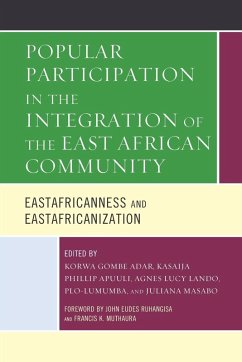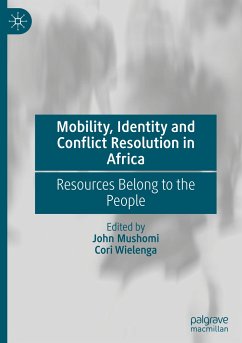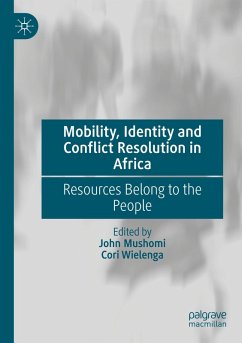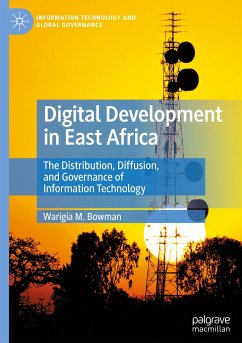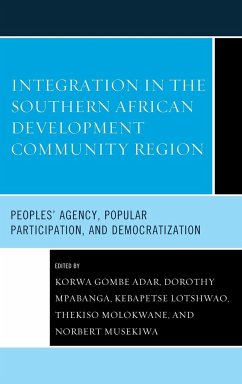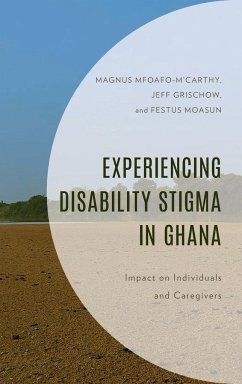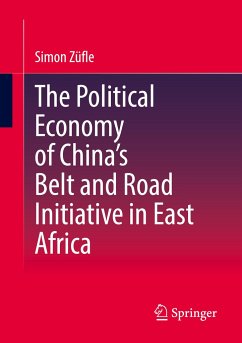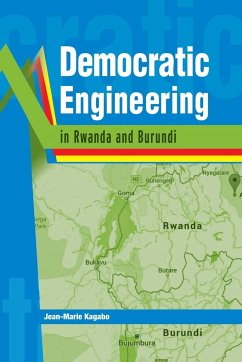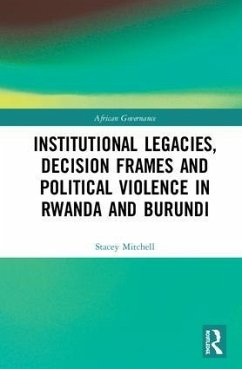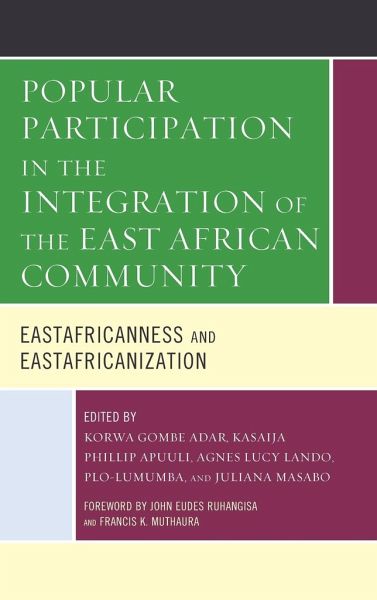
Popular Participation in the Integration of the East African Community
Eastafricanness and Eastafricanization
Herausgeber: Adar, Korwa Gombe; Lando, Agnes Lucy; Apuuli, Kasaija Phillip

PAYBACK Punkte
65 °P sammeln!
The post-independence integration endeavor of the East African Community has been punctuated with challenges, culminating into the collapse of the 1967-1977 regional organization. The renaissance of the integration agenda since the re-establishment of the regional organization in 1999 has rekindled epistemological debate among scholars and practitioners on the East African Community raison d'etre and integration process. This volume is the first of its kind in this ongoing debate that puts into proper context the nexus between the East African citizens and the integration agenda. Focusing on t...
The post-independence integration endeavor of the East African Community has been punctuated with challenges, culminating into the collapse of the 1967-1977 regional organization. The renaissance of the integration agenda since the re-establishment of the regional organization in 1999 has rekindled epistemological debate among scholars and practitioners on the East African Community raison d'etre and integration process. This volume is the first of its kind in this ongoing debate that puts into proper context the nexus between the East African citizens and the integration agenda. Focusing on the Partner States case studies, the authors of the chapters operationalize the concepts of popular participation, eastafricanness, eastafricanization, democratization, and integration. Using political, national constitutions and EAC treaty, communication and awareness dimensions the authors of the chapters have analyzed the nexus between the EACcitizens and the integration process. The study generally proceeds from the premise that the exclusion of the EAC citizens from exercising their sovereign rights through popular participation undermines the prospects for the institutionalization and consolidation of the EAC identity, eastafricanness, eastafricanization, democratization and integration.





